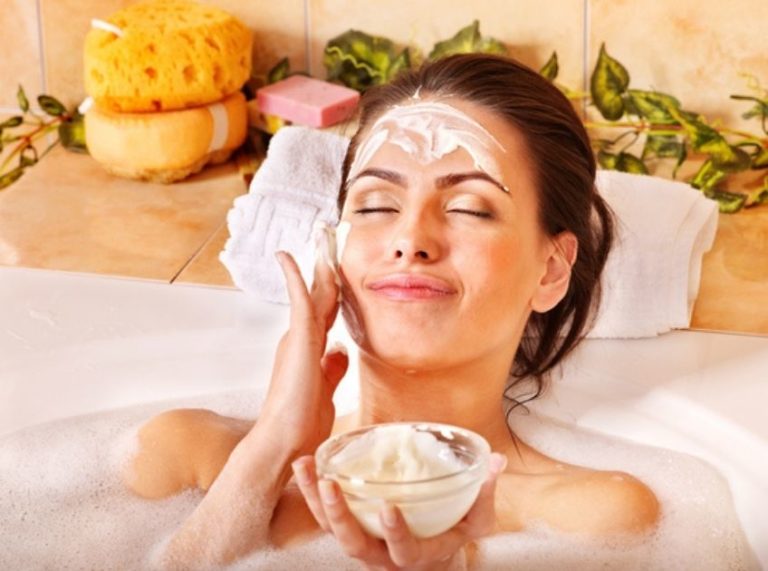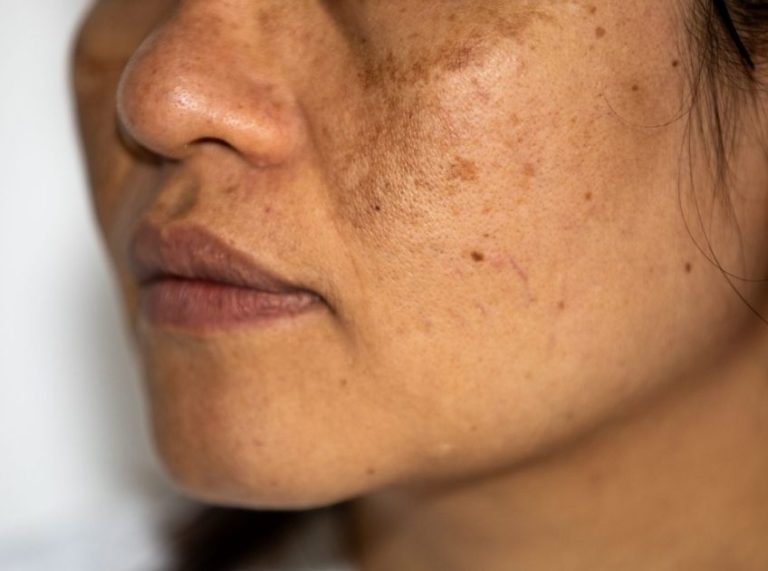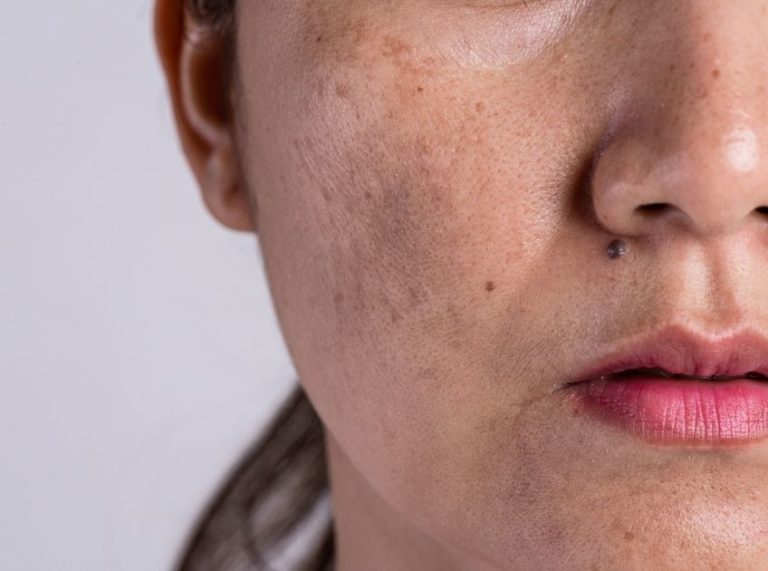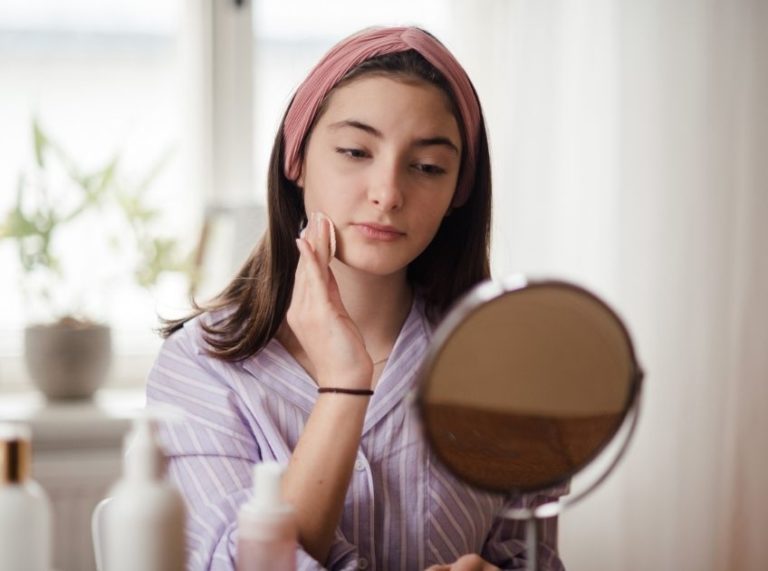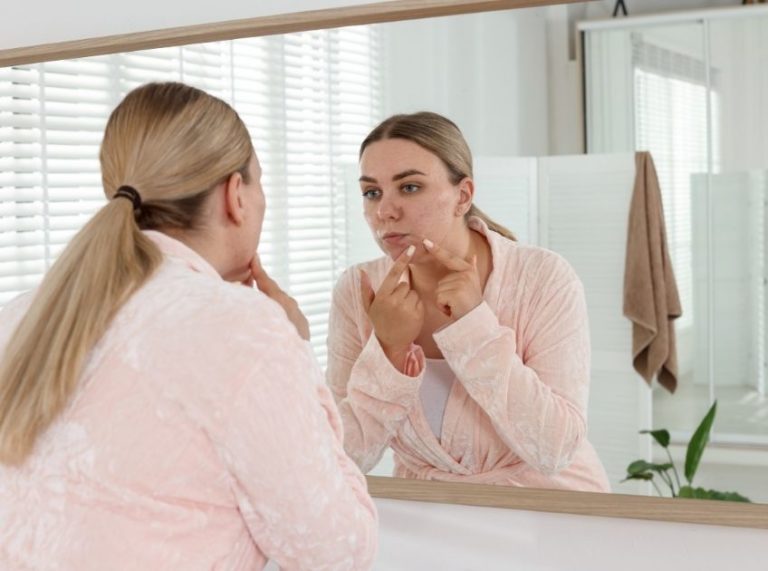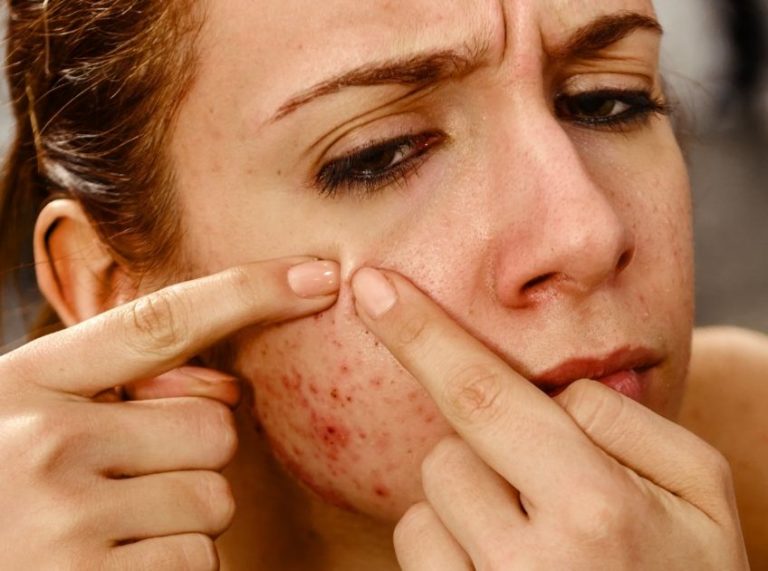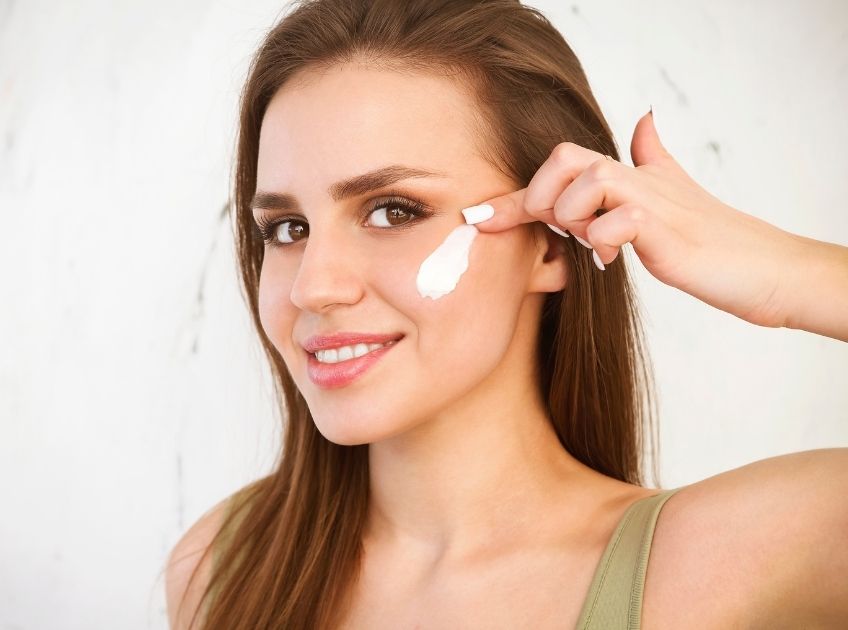
Important: This article is for informational purposes only. Please read our full disclaimer for more details.
Dry skin can feel tight, flaky, and uncomfortable — especially during cold weather or after long exposure to air conditioning. While commercial creams often promise deep hydration, many contain artificial fragrances or alcohol that can worsen dryness over time.
The good news? You can easily make moisturizers at home using natural, skin-loving ingredients that deeply hydrate and repair your skin barrier — without any harsh chemicals. In this expert-crafted guide, check three simple, science-backed homemade moisturizers that restore softness and suppleness to even the driest skin.
Article Contains
3 Simple Homemade Moisturizers for Dry Skin
1. Shea Butter & Coconut Cream – Deep Nourishment for Cracked Skin
Rich, creamy, and ultra-hydrating, this homemade moisturizer melts into your skin to restore lost moisture and smooth rough patches. Shea butter is a natural emollient, while coconut oil adds lasting softness.
Ingredients:
- 2 tablespoons shea butter
- 1 tablespoon coconut oil
- 1 teaspoon vitamin E oil (optional, for added protection)
How to Make:
- Melt shea butter and coconut oil in a double boiler until smooth.
- Let it cool slightly, then whip until fluffy.
- Stir in vitamin E oil and store in a small glass jar.
How It Works (Science Insight):
- Shea butter is packed with fatty acids and vitamins A and E. According to a 2019 review in the Journal of Allergy and Clinical Immunology, it helps restore the skin barrier and improves hydration (1).
- Coconut oil, supported by research in the International Journal of Molecular Sciences (2018), is proven to increase skin surface lipid levels and protect against moisture loss (2).
Best For: Extremely dry, cracked, or rough areas such as elbows, knees, and heels.
2. Honey & Olive Oil Lotion – Humectant Power for Everyday Use
This silky moisturizer is perfect for daily application. Honey draws in moisture from the air, while olive oil provides deep nourishment and antioxidants that keep skin soft and radiant.
Ingredients:
- 2 tablespoons extra virgin olive oil
- 1 tablespoon raw honey
- 1 teaspoon aloe vera gel
How to Make:
- Mix all ingredients in a small bowl until well combined.
- Massage gently into clean skin until fully absorbed.
- Store in the refrigerator and use within one week.
Why It Works (Scientific Backing):
- Honey acts as a natural humectant, as shown in a study published in The Journal of Cosmetic Dermatology (2017) — helping retain skin moisture while promoting healing (3).
- Olive oil contains antioxidants and squalene, which a 2013 study in PLOS ONE confirmed helps protect skin from oxidative damage and dryness (4).
Best For: Normal to dry skin that needs lightweight, everyday hydration.
3. Aloe Vera & Almond Oil Gel – Lightweight Hydration with Vitamin Boost
Aloe vera provides cooling hydration without heaviness, and almond oil delivers vitamin E and omega fatty acids that repair and strengthen the skin barrier.
Ingredients:
- 2 tablespoons pure aloe vera gel
- 1 teaspoon sweet almond oil
- 2 drops lavender essential oil (optional, for soothing scent)
How to Make:
- Combine ingredients in a small bowl and mix thoroughly.
- Store in a clean jar in the refrigerator for up to 7–10 days.
- Apply to your face or body after showering or before bed.
Why It Works (Based on Studies):
- Aloe vera has been shown in a 2014 Indian Journal of Dermatology study to enhance skin hydration and elasticity (5).
- Almond oil, according to Complementary Therapies in Clinical Practice (2018), improves skin tone, hydration, and smoothness when applied topically (6).
Best For: Sensitive, dry, or mature skin that needs a gentle moisture boost.
Frequently Asked Questions (FAQ’S)
1. Can homemade moisturizers replace store-bought creams?
A. Yes — if made with the right ingredients! Natural moisturizers rich in fatty acids and humectants (like honey, aloe, and shea butter) can hydrate skin just as effectively as commercial creams, minus the chemicals.
2. How often should I apply these moisturizers?
A. Apply twice daily — morning and night — for best results. After bathing, apply while skin is slightly damp to lock in moisture.
3. How long do homemade moisturizers last?
A. Since these recipes are free from preservatives, store them in the refrigerator and use them within 7–10 days. Always use clean fingers or a spatula to prevent contamination.
Keeping your skin hydrated doesn’t have to involve expensive creams or synthetic ingredients. With these homemade moisturizers for dry skin, you can nourish your skin naturally — using proven ingredients like shea butter, honey, and aloe vera that restore softness, heal cracks, and promote long-term hydration.
Regular use will leave your skin smooth, supple, and radiant, proving that sometimes, the best skincare really does come straight from your kitchen.
